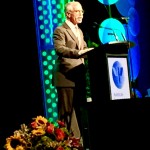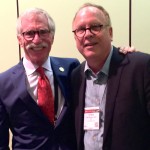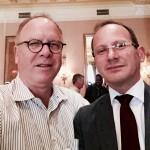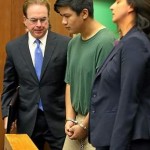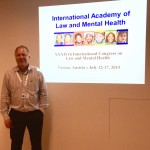
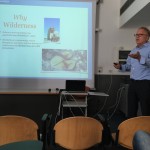 Of course, the ECP committee had to choose the hottest week in Milan for this international psychology conference. 30 centigrade with 90% humidity is like, well, sitting inside a car going through a car wash with the airconditioning turned off and the heat turned on ‘high’. Over 10,000 students and professionals attended this year, and plenty of interest on the topic of alternative outdoor therapy. Steven DeMille from RedCliff Wilderness and I presented on multimodal therapeutic outcomes using wilderess venue, monitored over time. The article was published last month in a NATSAP journal, peer reviewed.
Of course, the ECP committee had to choose the hottest week in Milan for this international psychology conference. 30 centigrade with 90% humidity is like, well, sitting inside a car going through a car wash with the airconditioning turned off and the heat turned on ‘high’. Over 10,000 students and professionals attended this year, and plenty of interest on the topic of alternative outdoor therapy. Steven DeMille from RedCliff Wilderness and I presented on multimodal therapeutic outcomes using wilderess venue, monitored over time. The article was published last month in a NATSAP journal, peer reviewed.
As a presentation, it is clear that certain people ‘got’ the concept straight on. One of these a student “Ieva” from Lithuanian said, “Why, they don’t even know it’s therapy, it has no stigma.” Lars from Norway focused in on the BMI (body mass index) outcomes in recognizing as stress reduction correlated with stress reduction. Another student mentioned how her committee was having her look at something ‘unique’ for her dissertation study, and she is particularly keen on wilderness therapy.
By the end of the conference, the heat dissipated leaving memories of great connections with international psychologists who share a passion to find that ‘one thing’ that motivates change in youth. In this case, ‘wilderness’ therapy provides a treatment paradigm different from sitting in a therapist’s office and finding themselves in the hands of mother nature. And it works in detoxing for addictive disorders in ways suitable to move forward to other support treatment venues such as Caron programs in Pennsylvania or Florida.
As I sit here with my colleague and friend BPS President Jamie Hacker Hughes, Nottingham next May sounds much cooler and will be filled with music performances from some of us — or so I am told.
Best from Milano, one of the many international highlights this year.
 Stanford University Psychiatry in Forensics on November 12th in Palo Alto, I am presenting on my involvement as a forensic psychologist in cases where I am called to evaluate and render expert opinion. In successfully working collaborative cases with psychiatry, I’ve learned the importance of multiple expertise in evaluating behavioral health from a medical perspective.
Stanford University Psychiatry in Forensics on November 12th in Palo Alto, I am presenting on my involvement as a forensic psychologist in cases where I am called to evaluate and render expert opinion. In successfully working collaborative cases with psychiatry, I’ve learned the importance of multiple expertise in evaluating behavioral health from a medical perspective. 
